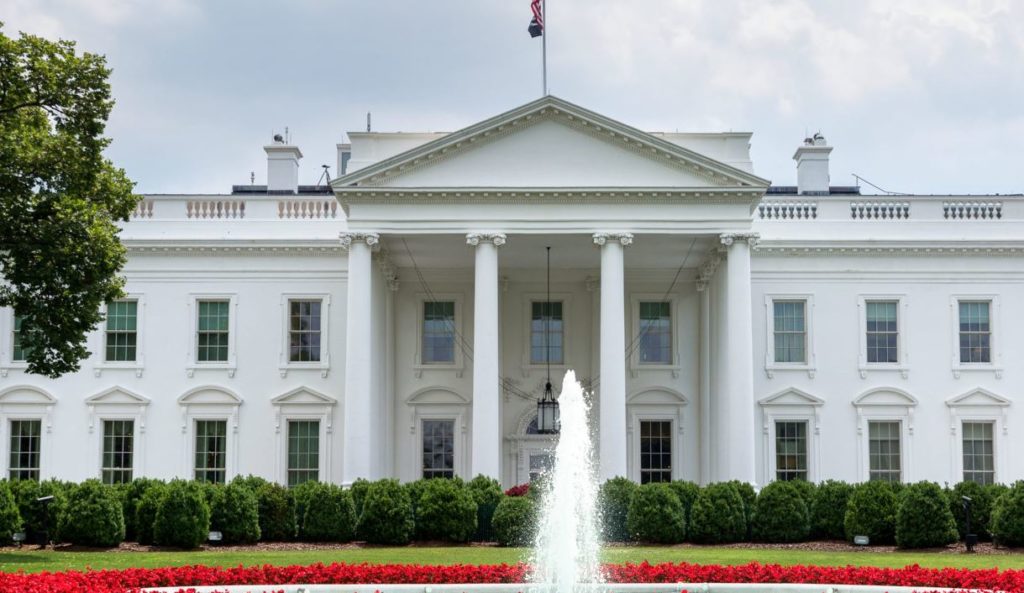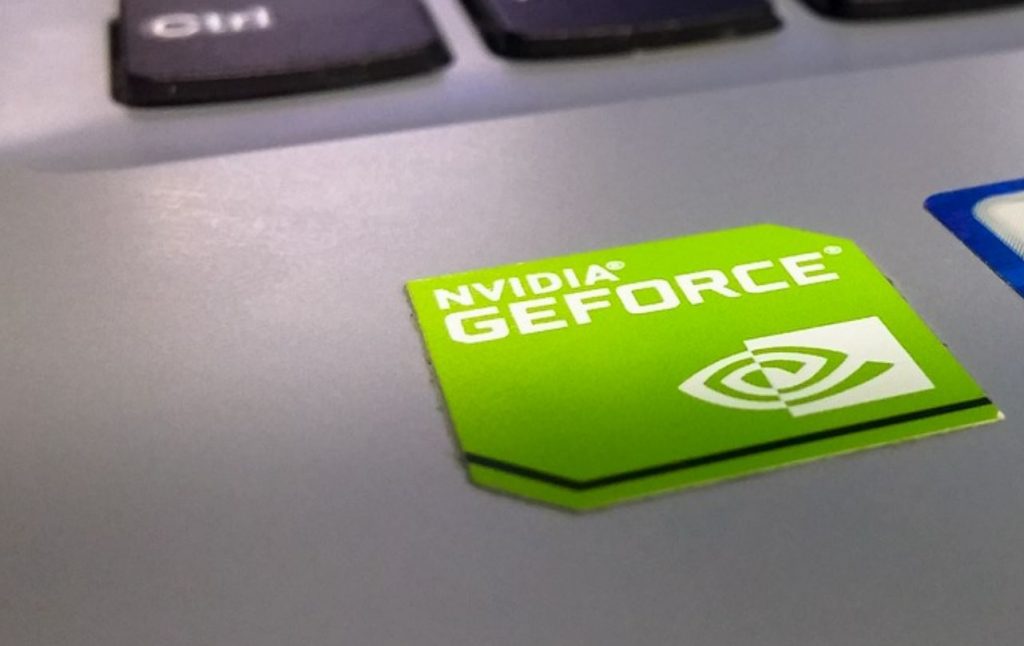 TheTechMedia.com/wp-content/uploads/2020/03/white-house-the-tech-portal-600×347.jpg 600w, https://TheTechMedia.com/wp-content/uploads/2020/03/white-house-the-tech-portal-300×174.jpg 300w, https://TheTechMedia.com/wp-content/uploads/2020/03/white-house-the-tech-portal-768×445.jpg 768w, https://TheTechMedia.com/wp-content/uploads/2020/03/white-house-the-tech-portal-800×463.jpg 800w, https://TheTechMedia.com/wp-content/uploads/2020/03/white-house-the-tech-portal-1160×672.jpg 1160w, https://TheTechMedia.com/wp-content/uploads/2020/03/white-house-the-tech-portal.jpg 1219w” sizes=”(max-width: 1024px) 100vw, 1024px”>
TheTechMedia.com/wp-content/uploads/2020/03/white-house-the-tech-portal-600×347.jpg 600w, https://TheTechMedia.com/wp-content/uploads/2020/03/white-house-the-tech-portal-300×174.jpg 300w, https://TheTechMedia.com/wp-content/uploads/2020/03/white-house-the-tech-portal-768×445.jpg 768w, https://TheTechMedia.com/wp-content/uploads/2020/03/white-house-the-tech-portal-800×463.jpg 800w, https://TheTechMedia.com/wp-content/uploads/2020/03/white-house-the-tech-portal-1160×672.jpg 1160w, https://TheTechMedia.com/wp-content/uploads/2020/03/white-house-the-tech-portal.jpg 1219w” sizes=”(max-width: 1024px) 100vw, 1024px”>The Joe Biden-led US administration unveiled a new ‘Interim Final Rule on Artificial Intelligence Diffusion,’ which aims to regulate the flow of American AI chips and related technology. With these new export rules for advanced computing chips used in artificial intelligence (AI), the US seems to be targeting two main goals simultaneously. First, the country aims to make it easier to sell these chips to allied nations. At the same time, the government is also trying to limit the ability of countries like China to obtain US-made AI chips.
“As AI becomes more powerful, the risks to our national security become even more intense. It [framework] is designed to safeguard the most advanced AI technology, ensuring that it stays out of the hands of our foreign adversaries, while also enabling the broad diffusion and sharing of its benefits with partner countries,” Commerce Secretary Gina Raimondo said while speaking to the press.
Looking at the details of the new rules, the government has imposed restrictions on exporting a specific type of chip called ‘Graphics Processing Units,’ or ‘GPUs.’ These are mainly used for gaming and other graphics-heavy applications, and also notably for various AI applications.
The new export rules provide three licensing categories based on the level of restriction for different countries. First, it applies to the domestic market (the US itself) and its 18 strategic allies including Australia, Japan, South Korea and Taiwan. These allied countries can import top GPUs without any restrictions, likely because they are aligned with US interests.
Now comes the second category, which consists of countries that will be allowed to import GPUs, but with limitations on the computing power of the GPUs. The third and final category includes countries that are considered adversarial or a national security concern, such as China, Russia, Iran, and North Korea. However, the draft of the rule does not cite these nations by name.
While most countries fall under the second category, the new rules also prohibit US semiconductor companies from sharing many details of their AI software models with countries outside of the first category. Not only that, but if a US-based company wants to build any large data centers in countries apart from the first category list, they must seek permission from the US federal government first.
Interestingly, as President-elect Donald Trump’s inauguration is inches close, this rule already has a 120-day comment period, during which the public, industry experts, and stakeholders can submit their feedback or objections. After this period, the rule could be modified, finalized, or even rejected.
However, as expected, this new framework has raised significant concerns from industry bodies and leading companies. While the Semiconductor Industry Association (SIA) criticizes these new measures, semiconductor giant NVIDIA (who is aggressively pushing its AI bid) has also expressed its opposition. The company criticizes the Biden Administration for failing to conduct a proper legislative review or discussion with industry bodies before drafting it.
The new rules are said to also impose limitations on chips used in data centers and for AI products in 120 countries. Among the countries that may be affected are Mexico, Portugal, Israel, and Switzerland. These nations might not have full access to advanced chips. Meanwhile, this recent decision by the US government has become more significant as the AI chip market is expected to reach $457.65 billion by 2032.
Content originally published on The Tech Media – Global technology news, latest gadget news and breaking tech news.






